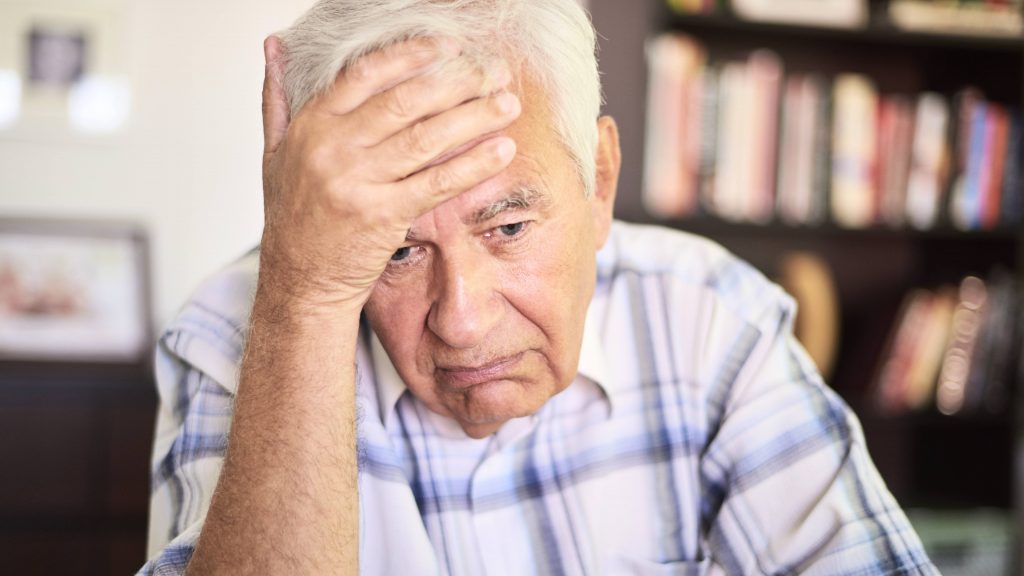-
Featured News
What to do if you suspect COVID-19

COVID-19 symptoms can mimic the flu. Dr. Clayton Cowl, chair of Mayo Clinic's Division of Preventive, Occupational and Aerospace Medicine, says symptoms can come on rapidly. These symptoms can be especially dangerous for people over 70; immunosuppressed people; and those with underlying conditions, such as lung disease, heart disease and diabetes.
Dr. Cowl says that many people who contract the disease will have mild or no symptoms.
But if they develop symptoms, when and how should they seek medical help? Should they get tested?
Dr. Cowl says the first things that you should do are remain at home, drink plenty of fluids and take a fever-reducing medication. If symptoms intensify, call your health care provider, local hospital or clinic.
"It really is important to emphasize that, unless is it a medical emergency, you should not go in to the hospital or visit your health care provider without at least calling first," says Dr. Cowl. "By calling first, you can avoid exposing yourself and others to the virus. And you can help prevent an overflow situation at the medical facility."
Watch Dr. Cowl discuss what to do if you suspect COVID-19.
Journalists: Broadcast-quality sound bites with Dr. Cowl are in the downloads at the end of the post. Please courtesy "Clayton Cowl, M.D., Preventive, Occupational and Aerospace Medicine, Mayo Clinic."
Symptoms of COVID-19
- Shortness of breath
- Cough
- Fever
- Fatigue
- Muscle aches
"Symptoms of COVID-19 are typically myalgia, or muscle aches, and a lot of fatigue. Usually it's associated with a fever. Sometimes it's low-grade from 100.3 F to perhaps higher. Some people experience much higher fever that go up to 102 F or 103F. Individuals may experience some shortness of breath. They may experience cough. And it can either be a dry cough, or they may cough up phlegm."
When to seek help
The Centers for Disease Control and Prevention (CDC) says that if you think you have been exposed to COVID-19, and you develop symptoms such as a cough, fever and shortness of breath, you should call your health care provider.
If you are concerned that you may have been exposed to COVID-19 but do not have symptoms, Dr. Cowl says you do not need to be tested. You should self-monitor for symptoms that may develop and use good hand hygiene. He adds that since the COVID-19 situation is evolving, experts are learning more about the virus every day. Recommendations for testing also may change.
"Right now, the recommendation is if you're asymptomatic, you do not need to be tested," says Dr. Cowl. "Part of that is because the number of testing kits needed are not available. But, clinically, if you're asymptomatic, no test."
Dr. Cowl emphasizes that if you think you may have COVID-19, call your healthcare provider first, rather than showing up without warning. But if you experience more severe symptoms, seek emergency medical care.
Emergency symptoms include:
- Difficulty breathing
- Chest pain
- Confusion
- Bluish lips or face
Check the CDC website for additional updates on COVID-19.
For more information and all your COVID-19 coverage, go to the Mayo Clinic News Network and mayoclinic.org.







